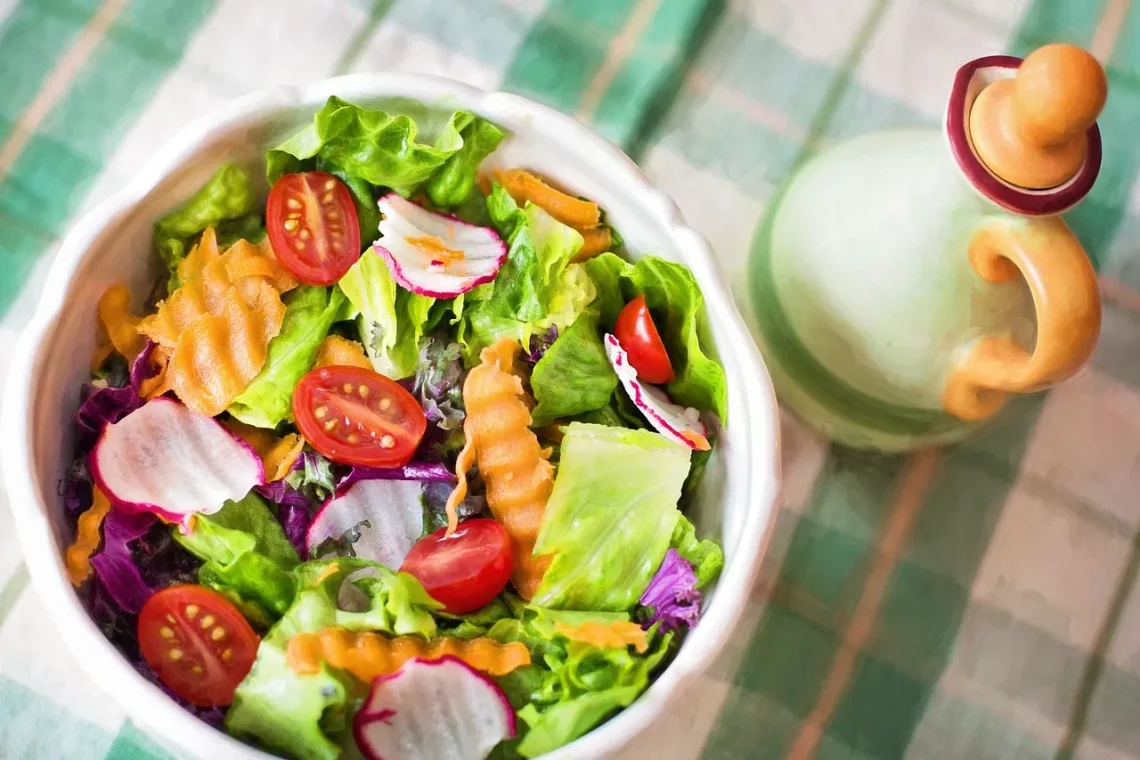
Will Rabbits Eat Meat? Understanding Their Dietary Needs
Rabbits are among the most popular pets worldwide, cherished for their playful nature and gentle disposition. As herbivores, they have specific dietary requirements that play a crucial role in their overall health and wellbeing. Pet owners often find themselves asking various questions about what to feed their rabbits, including the intriguing query: can rabbits eat meat?
Understanding the digestive system of rabbits reveals much about their nutritional needs. Unlike omnivores, rabbits are equipped with unique systems designed to process a high-fiber diet predominantly made up of hay, fresh vegetables, and specially formulated pellets. This specialized diet ensures that they receive the necessary nutrients, maintain a healthy gut flora, and promote dental health through natural wear.
The topic of rabbit nutrition can be somewhat confusing, especially when it comes to understanding the restrictions and allowances for certain food types. This confusion often arises from the varied dietary practices observed in other animals, leading to misconceptions about what constitutes a healthy diet for rabbits. Hence, addressing these concerns is vital for rabbit owners who want to provide the best care for their furry companions.
Understanding Rabbit Digestion
Rabbits possess a unique digestive system that is highly adapted to their herbivorous lifestyle. Unlike humans and many other animals, rabbits have a complex gastrointestinal tract designed to extract nutrients from fibrous plant materials efficiently. At the core of their digestive process is a large cecum that ferments food, allowing for the breakdown of cellulose found in plant cell walls. This fermentation process is essential for rabbits, enabling them to absorb vital nutrients and energy from their fibrous diet.
When a rabbit consumes food, it passes through the stomach and into the small intestine, where initial digestion occurs. However, the most crucial part of their digestion happens in the cecum. Here, the food mixes with beneficial bacteria that help in fermenting fibrous materials, breaking them down into digestible substances. This process not only provides energy but also produces cecotropes, which are nutrient-rich droppings that rabbits consume directly to obtain additional nutrients.
The unique structure of a rabbit’s teeth also plays a significant role in their digestive health. Rabbits have continuously growing teeth that require constant wear to prevent dental issues. As they chew on fibrous materials, such as hay and fresh vegetables, their teeth naturally grind down, promoting healthy dental development.
Given this specialized digestive system, it’s crucial to understand that rabbits are not designed to process animal proteins, such as meat. Feeding rabbits meat can lead to severe digestive issues, including gastrointestinal stasis, and can disrupt the delicate balance of their gut flora. This is why a diet high in fiber and low in protein is essential for maintaining their health and preventing potential health problems.
What Do Rabbits Typically Eat?
The primary diet of rabbits consists of high-fiber foods that promote healthy digestion and overall wellbeing. Hay serves as the cornerstone of their diet, providing the necessary fiber that aids in digestion and helps prevent obesity. Timothy hay, meadow hay, and orchard grass are popular choices among rabbit owners due to their high fiber content and palatability.
In addition to hay, fresh vegetables play a significant role in a rabbit’s diet. Leafy greens, such as romaine lettuce, kale, and parsley, are excellent options that provide essential vitamins and minerals. However, it’s important to introduce new vegetables gradually to avoid digestive upset.
Commercial rabbit pellets can also be included in their diet, but these should be given in moderation. It’s crucial to choose high-quality pellets that are high in fiber and low in protein and calcium. Pellets should complement, not replace, the hay and fresh vegetables in a rabbit’s diet.
Fruits can be offered as occasional treats, but they should be given sparingly due to their high sugar content. Suitable fruits include apples, bananas, and berries. Always remember to remove seeds and pits, as these can be harmful to rabbits.
Water is another critical component of a rabbit’s diet. Fresh, clean water should always be available to keep them hydrated and support their digestive processes. Some rabbits prefer drinking from bowls, while others may use water bottles, so it’s essential to observe your rabbit’s preferences.
Overall, providing a balanced diet rich in fiber is vital for rabbit health. This means ensuring they have access to hay, fresh vegetables, and high-quality pellets, while avoiding any foods that could disrupt their digestive systems, such as meat or high-sugar treats.
The Dangers of Feeding Meat to Rabbits
Feeding meat to rabbits poses significant risks to their health. As obligate herbivores, rabbits have evolved to thrive on a plant-based diet, and their digestive systems are not equipped to handle animal proteins. Consuming meat can lead to severe gastrointestinal disturbances, including diarrhea and bloating, which can be life-threatening.
One of the most concerning issues with introducing meat into a rabbit’s diet is the potential for gastrointestinal stasis. This condition occurs when the digestive system slows down or stops entirely, leading to a build-up of gas and a lack of food movement through the intestines. If not addressed promptly, gastrointestinal stasis can result in severe pain, dehydration, and even death.
Moreover, the introduction of meat can also disrupt the balance of gut flora, which is essential for proper digestion. Rabbits rely on a specific population of bacteria in their cecum to ferment and break down fibrous materials. Any alteration in this bacterial population can lead to digestive imbalances and subsequent health issues.
Additionally, many meats may contain preservatives, additives, or bacteria that could pose further risks to a rabbit’s health. Their immune systems are not designed to combat pathogens commonly found in meat, increasing the likelihood of infections or illnesses.
In conclusion, the dangers of feeding meat to rabbits cannot be overstated. Their evolutionary adaptations have equipped them for a strictly herbivorous diet, and introducing meat can lead to serious health complications. It’s essential for rabbit owners to adhere to a diet that aligns with their pet’s natural dietary needs to promote optimal health and longevity.
Conclusion: The Importance of a Proper Diet for Rabbits
In summary, understanding the dietary needs of rabbits is crucial for any pet owner. As herbivores, these animals thrive on a diet rich in fiber, primarily composed of hay, fresh vegetables, and high-quality pellets. The question of whether rabbits can eat meat is straightforward: they should not. Meat poses severe health risks that can lead to gastrointestinal distress and other serious complications.
By providing a balanced diet that respects their natural dietary preferences, rabbit owners can ensure their pets remain healthy and happy. This includes offering a variety of fibrous materials, fresh greens, and occasional fruits, all while steering clear of any animal products.
Ultimately, a proper diet not only supports the physical health of rabbits but also contributes to their overall quality of life. Observing their eating habits and making necessary adjustments will foster a long-lasting bond between owner and pet, ensuring that rabbits lead fulfilling lives full of energy and playfulness.
**Disclaimer:** This article is not intended as medical advice. If you have concerns about your rabbit’s health or diet, please consult a veterinarian for professional guidance.




